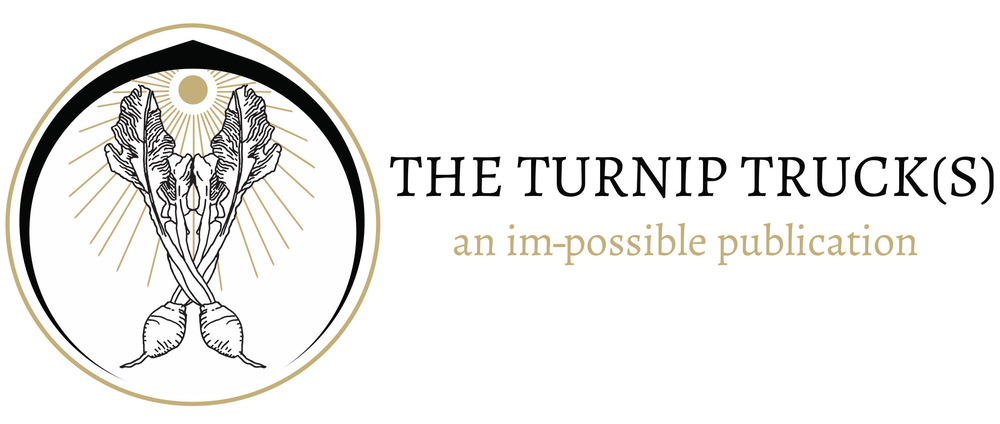Photos of Centralia, PA courtesy of Jen Hirt.
Destruction
The Big Bang was perhaps the first destructive event that exploded a time-space singularity into an infinite universe draped with the irregular and relative fabric of gravity and time--a destruction that over billions of years set the stage for life on Earth. In this context, the lines we have drawn in the political and cultural sands are all the more destructive and futile, as Carl Sagan explains in Pale Blue Dot. War and willful violence towards one another and the environment can ultimately destroy ourselves and the planet. We dissect the dead and vivisect the living in the hopes of obtaining the knowledge locked inside these intact forms--many of which survive on that which destroys them--for the oxygen we breath oxidizes our insides, slowly rusting us from the inside out. We destroy the continuity of Being with our confining, definitive names for things. Memories are erased by capturing moments on film, thereby destroying authenticity with the spectacle of representation. But both religion and physics teach us that energy isn’t destroyed but is transformed or transferred. Thus, the old adage, destruction and creation go hand in hand.
Destruction, ostensibly, is the violent, peaceful, chaotic, regimented, thoughtless, and/or creative elimination of a physical or conceptual framework or entity. But is it necessary? Is there such a thing as benevolent destruction, or more radically, is destruction the essential operation of life, of language, of humanity itself? Does our construction of political, religious, social, and ethical structures that function to disavow the necessity of destruction prove we are in denial of destruction? Should we now, as posthumans, reevaluate our theories and practices of destruction and work towards a truly designed destruction that will benefit us, our current planet and all of its life and matter?
In this issue, we seek work that addresses the complexities of destruction or the creation that evolves out of the wake of destruction. We welcome submissions for critical essays, visual and experimental art, and all literary genres. Email submissions to destruction@im-possiblethink.com. Deadline for submissions is November 1, 2017.
We send acceptance notifications only, typically within two to three months, but feel free to inquire about your submission after three months











